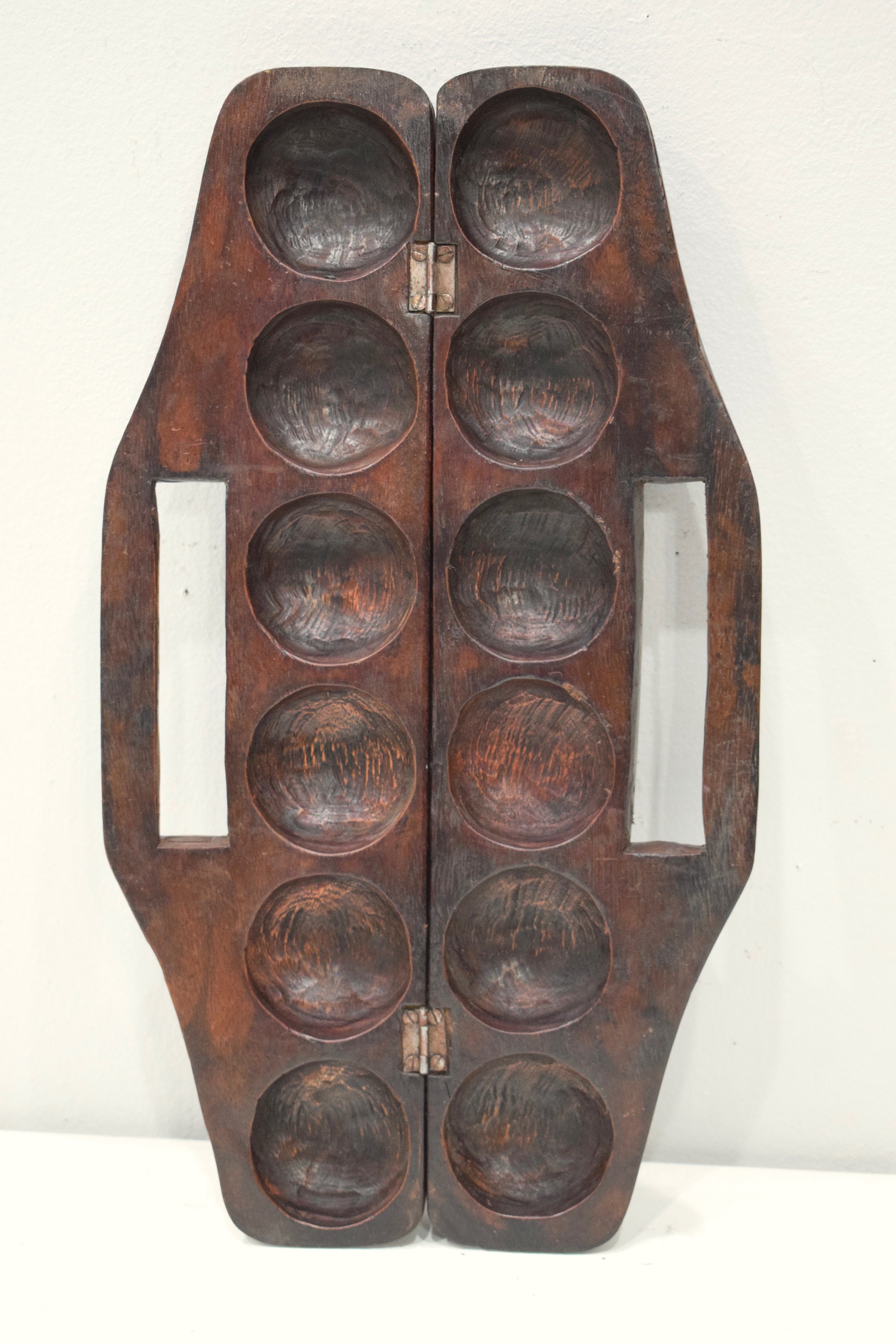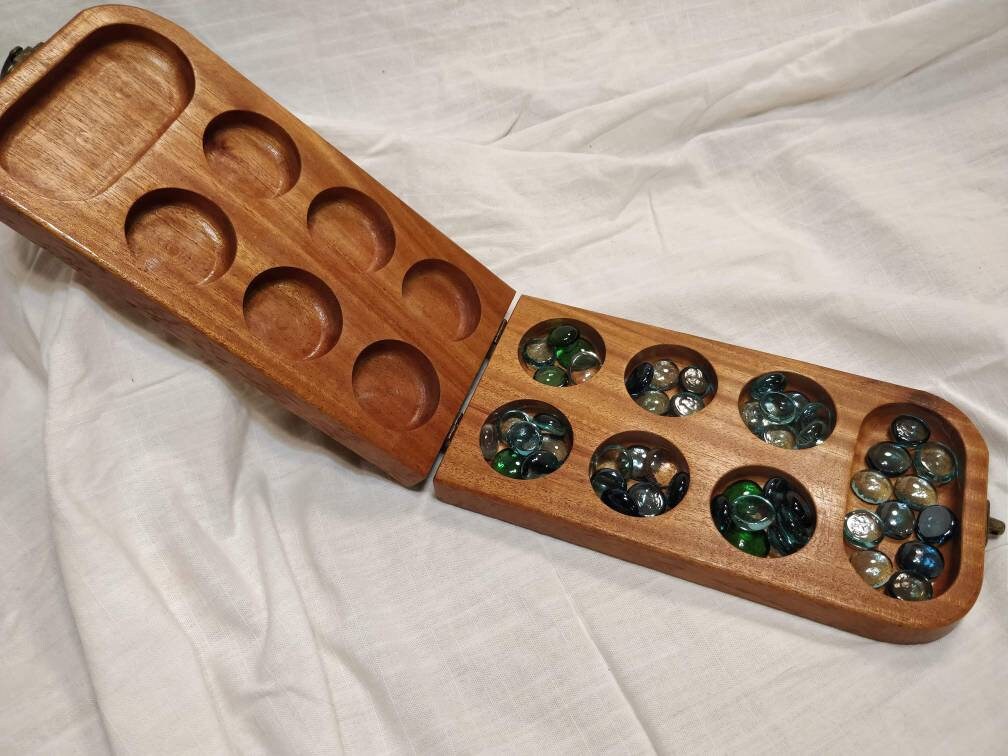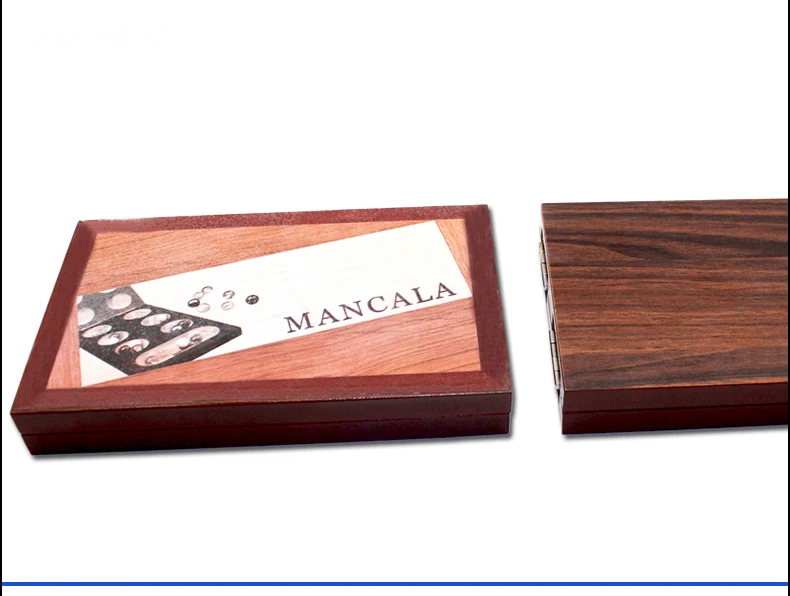
This study investigates whether the learning in the use of heuristics from playing strategic board games influences some societies to be socio-economically complex (in terms of settlement patterns and jurisdictional hierarchy beyond the community) and to be good at business. This idea also follows from Simon’s research program on procedural and bounded rationality in which given their complexity, combinatorial tasks such as board games offer an ideal environment for exploring human bounded rationality and learning. Board games can therefore act as catalysts for heuristics for decision making in real life. The premise for testing these hypotheses is that the rules and strategies in the mancala board games are consistent with everyday language and decisions. In this paper, I introduce and analyze the correlational relationship between another non-work intrinsic feature of African ethnic groups, i.e., the playing of indigenous board games (commonly called mancala) and economic outcomes-socio-economic complexity and entrepreneurship-in the historical and contemporary societies. Examples include: Moscona, Nunn and Robinson on family structure and conflict Chen on language characteristics and saving Lowes on marriage systems and child outcomes and Xue and Michalopoulos on folklore and trade.

Beyond cultural traits related to work or anti-social beliefs (e.g., plough agriculture by Alesina, Giuliano and Nunn, and witchcraft beliefs by Gershman ), the recent literature has rightly started to focus on the intrinsic structures of African communities by understanding the origins and consequences of these features. Despite the null results, I explore how related hypotheses and studies can build on the comprehensive mancala database.Ī growing literature in economics investigates the short run and long run effects of culture on economic development (see a review of this literature by Nunn ). Using historical and contemporary data, I do not find evidence for either hypothesis.

I compile the first comprehensive database of mancala games in Africa matched to ancestral characteristics data, and for 18 African countries, to the Afrobarometer survey data. I revisit this hypothesis with better data and motivated by anecdotal evidence, introduce a contemporary hypothesis, origins of entrepreneurship hypothesis-that descendants of societies that played complex mancala games are more likely to be engaged in non-farm self-employment today.

Anthropology literature suggests that these games may be associated with socio-economic complexity of the ethnic groups-the so-called games in culture hypothesis. This study examines the correlational relationship between the historical playing of indigenous strategic board games (also called mancala) and the socio-economic complexity of African ethnic groups as well as the incidence of entrepreneurial pursuits.


 0 kommentar(er)
0 kommentar(er)
